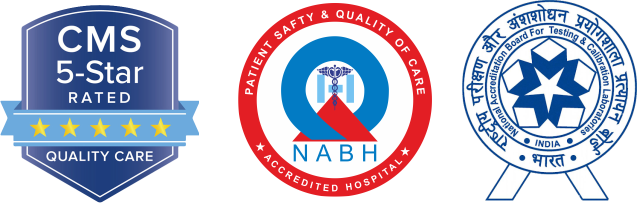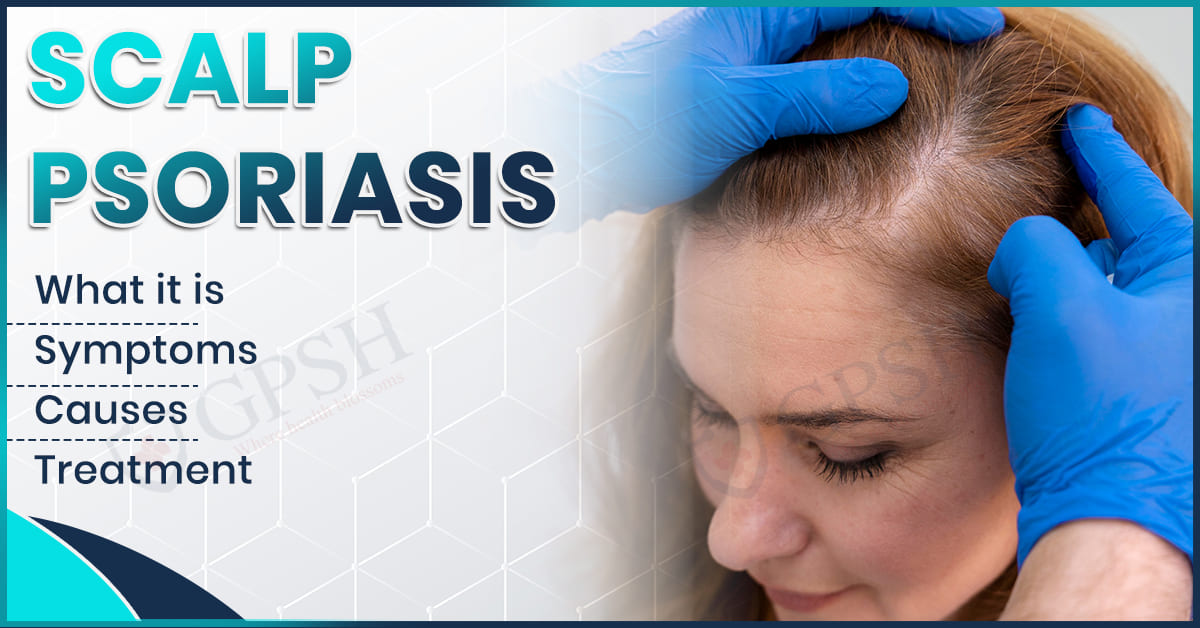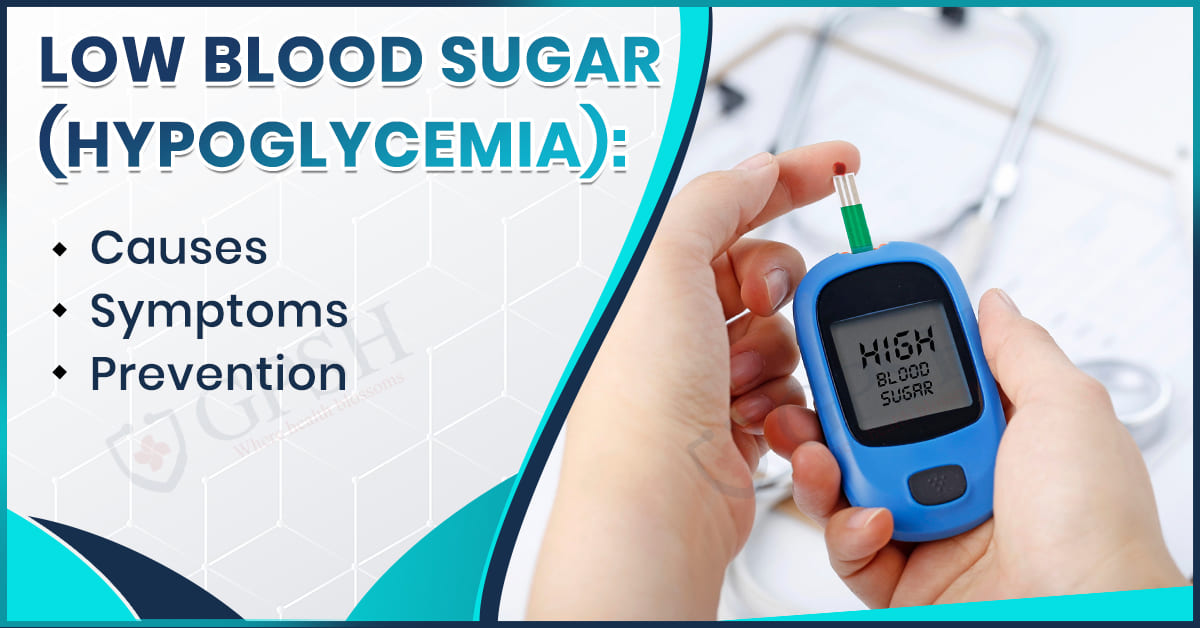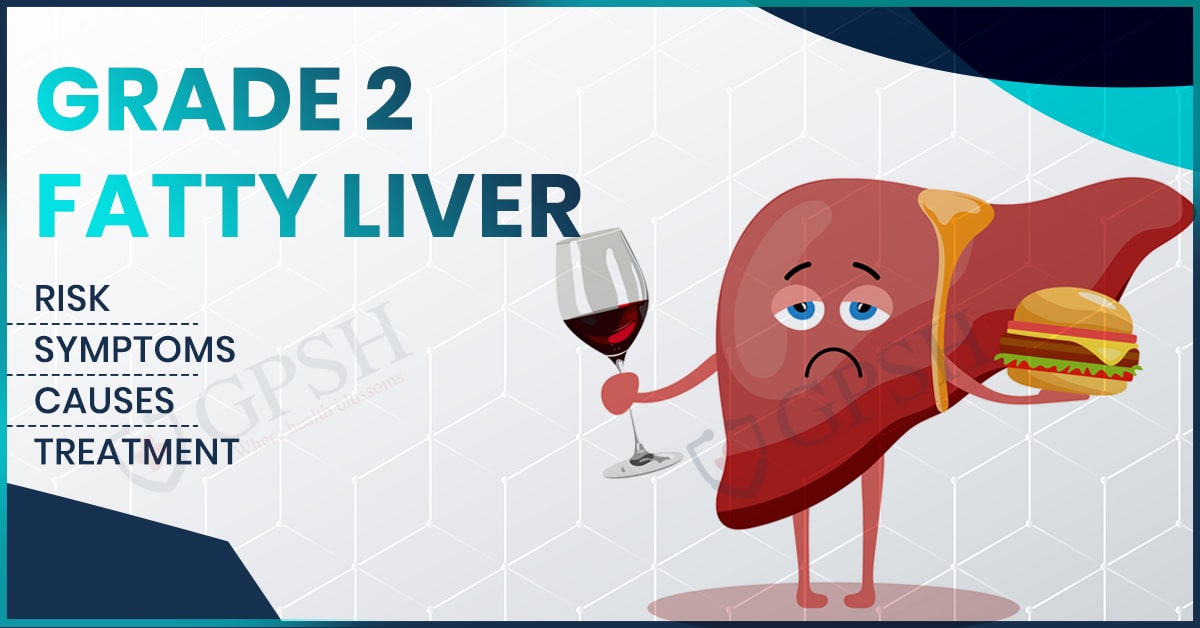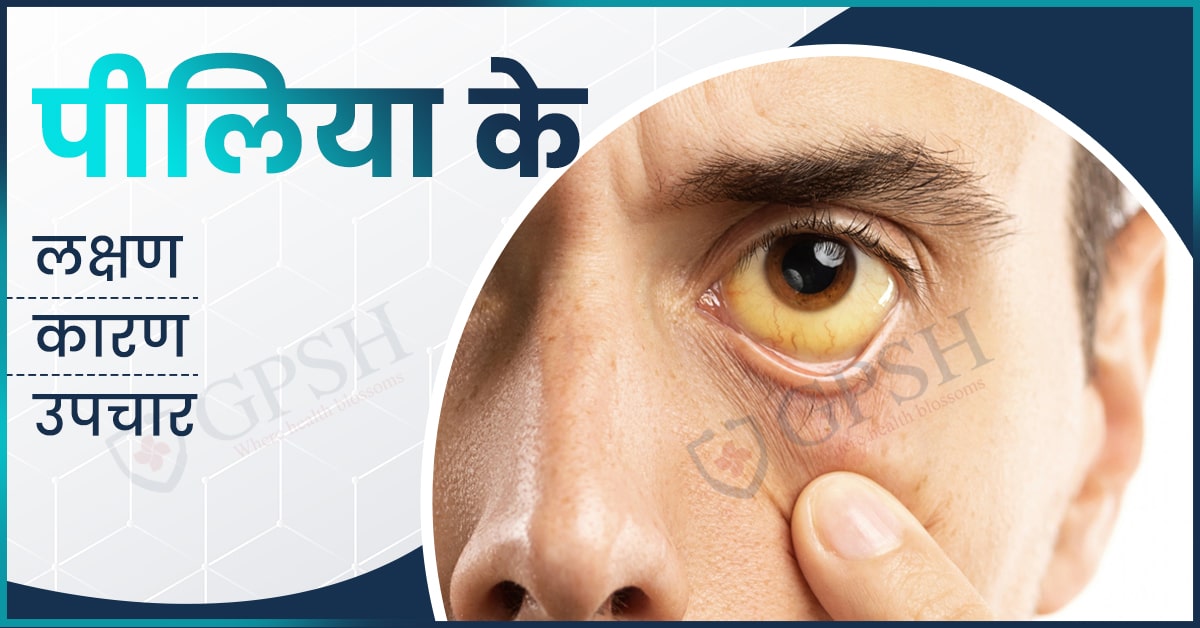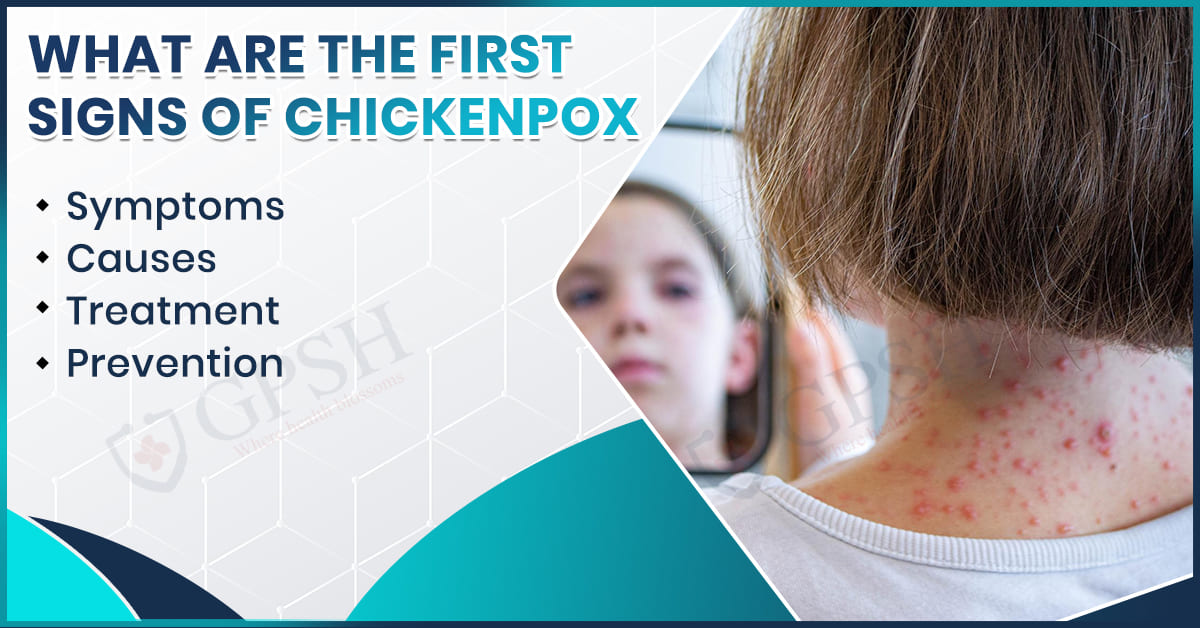Introduction
Scalp psoriasis is a persistent skin disorder coloring the scalp with patches of redness, itching, and scaling. This scalp psoriasis ranges in severity from mild, almost indistinguishable irritation to severe and very much scaling, spilling beyond the hairline.
Understanding scalp psoriasis will allow you to manage and relieve it. In this article, we will look at the scalp psoriasis symptoms, causes of scalp psoriasis, and treatment possibilities for scalp psoriasis so as to exert some control over this condition and reclaim the quality of life.
What Is Scalp Psoriasis?
Being a chronic autoimmune skin disorder, this condition mostly affects the scalp; hence, the skin cells grow very fast. This rapid cell turnover leads to thick, red, and inflamed patches covered with silvery-white scales.
Sometimes, it may spread from the scalp onto the forehead, back of the neck, or behind the ears. Scalp psoriasis is not infectious, but it can render one seriously uncomfortable, itchy, and burning from scabbing in severe instances of hair loss.
What are the Symptoms of Scalp Psoriasis?
Scalp psoriasis can create different visible symptoms and uncomfortable sensations, so it is important to recognize the condition early for appropriate and timely treatment. Symptoms of scalp psoriasis include:
- Red, Inflamed Patches: Raised areas of redness must be on the scalp. These areas may feel tender or sore, and sometimes the patches go beyond the hairline up onto the forehead, or down the neck till behind the ears.
- Silvery-White Scales: Thick, flaky scales usually cover the red patches and give the typical silvery appearance to the matter. The scales can drop onto hair, therefore to the shoulders and clothes, which may cause some social embarrassment and discomfort.
- Itching or Burning Sensation: The itching or burning sensation is common with scalp psoriasis. Scratching may,time-to-time, bring about the relief of irritation, but it exacerbates the situation and can make the area more prone to infection.
- Dryness and Cracking: The skin gets severely dry with cracks. Such cracks may sometimes bled, which is painful and irritating.
- Temporary Hair Loss: When hair is continuously subjected to scratching or strong inflammation, hair thinning or hair loss maybe temporary. Hair normally starts regrowing after effective treatment of scalp psoriasis and reduction in inflammation.
- Pain or Discomfort: Extreme patches bring about a lot of discomfort. The patches hurt to an extent that one cannot do simple things like combing hair, wearing hats or even sleeping peacefully.
You can read also:- What Is Acidity? Causes, Symptoms, and Treatment
What are the causes of Scalp Psoriasis?
Scalp psoriasis occurs as a result of an overactive immune system that causes the body to grow skin cells much faster than normal. This rapid turnover of skin cells causes thick, scaly, and inflamed patches to develop on the scalp. Understanding the causes of scalp psoriasis can provide insight to manage it effectively and minimize flare-ups. The most common causes include:
- Scalp psoriasis happens when an overactive immune system mistakenly instructs the skin cells to multiply rapidly, giving rise to thick red and scaly patches on the scalp.
- Genetic Factors: Individuals with one or more family members who suffer from psoriasis are at a higher risk of developing scalp psoriasis, indicating a hereditary predisposition to susceptibility.
- Stress produces changes in the immune system that in turn increase skin inflammation, allowing this to be a trigger or exacerbating factor for scalp psoriasis.
- Infections: Strep throat, and some other bacterial or viral infections, are all considered to be some of the triggers that set psoriasis off or just aggravate it more.
- Some drugs, such as beta-blockers, lithium, and antimalarials, may cause or worsen scalp psoriasis in predisposed persons.
- Environmental Factors: Exposure to cold weather, dry air, and aggressive hair products can aggravate the scalp, worsen existing symptoms, or even trigger flare-ups.
- Lifestyle Triggers: Cigarette smoking, heavy alcohol intake, and unsatisfactory food habits can enhance the risk or severity of scalp psoriasis, making its control more difficult
What are the Risk Factors for Scalp Psoriasis?
Certain triggers might set off or intensify the symptoms of scalp psoriasis. Consider some risk factors for scalp psoriasis in preventive and treatment approaches:
- Family History: If a member in the family had psoriasis, there is a possibility that you may also be diagnosed with the same condition because of the genetic predisposition.
- Age: Scalp psoriasis strikes at any age, though the most common period for the disease to express itself remains between the ages of 15 and 35.
- Stress Levels- Stress, whether emotional or physical, can activate or exacerbate symptoms.Immune System
- Conditions: Individuals with a compromised immune system or with autoimmune disorders have a greater risk.
- Skin Injuries: Injuries including cuts, scrapes, and the like to the skin cause triggering of the few psoriasis patches to develop on the area affected. This phenomenon is known as the Koebner response.
- Certain Medicines: Certain drugs such as beta-blockers, lithium, or anti-malarials can trigger scalp psoriasis or aggravate it if it already exists.
- Lifestyle Factors: Environment and factors such as smoking, excess drinking, and bad diet pave way for scalp psoriasis.
You can read also:- Alcoholic vs Non-Alcoholic Fatty Liver: Understanding the Key Differences
What are the Treatment Options for Scalp Psoriasis?
Proper management of scalp psoriasis may help in relieving symptoms and flares and improving the whole scalp condition. Treatment options for scalp psoriasis vary depending on the severity of symptoms:
- Medicated Shampoos: Shampoos containing coal tar, salicylic acid, or ketoconazole may be used for scaling, inflammation, and itch reduction.
- Topical Corticosteroids: These prescription steroid creams, gels, or foams are applied to the scalp area and reduce redness, swelling, and itching.
- Vitamin D Analogues: Calcipotriol works to inhibit excessive cell growth and scaling.
- Moisturizers and Emollients: These help keep the scalp well hydrated and decrease scaling, irritation, and discomfort associated with scalp psoriasis.
- Phototherapy: Controlled exposure to UV light reduces inflammation and slows cell production.
- Systemic Medications: Worsening symptoms may call for medication taken orally or by injection, which works on the immune system to control the symptoms throughout the body.Lifestyle and Home Care: Consider avoiding certain factors that may trigger flare-ups, such as stress and harsh hair products.
Conclusion
In conclusion, scalp psoriasis is a chronic type of skin disease that usually affects normal functioning due to visual symptoms and discomforts. Therefore, by understanding the symptoms of scalp psoriasis, causes of scalp psoriasis, and treatment of scalp psoriasis, it can greatly reduce the number of flares and maintain scalp health.
Usually, the management is handled by the Dermatology unit, where symptoms are controlled, and complications are guarded against. Making a claim for scalp psoriasis management at Shekhawati Hospital would mean expert dermatological care and advanced treatment modalities toward controlling and maintaining long term scalp health.

